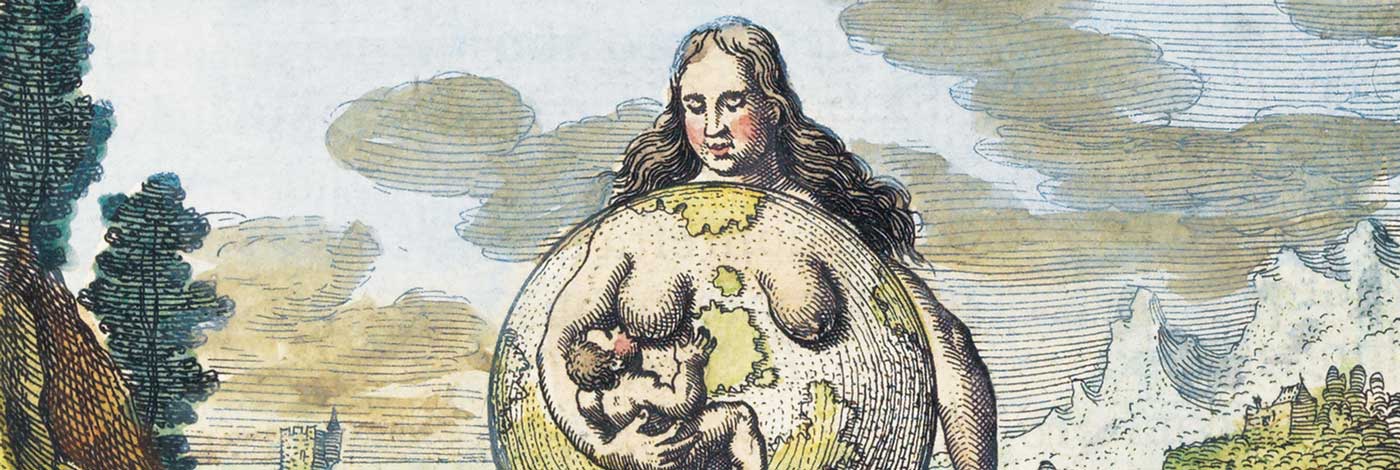
 Anthropozoologica
16 - Pages 37-46
Anthropozoologica
16 - Pages 37-46The Kalasha ("Kalash Kafirs") are the last non-Islamic people of the Hindu Kush mountains of northern Pakistan. Goat husbandry plays an important rôle in the agro-pastoral subsistence economy of the Kalasha, being largely motivated by sacrificial feasting for prestige. This paper examines the articulation of such feasts with political leadership and social stratification, with particular reference to current debate about the political economy of feasting and ceremonial exchange elsewhere. Examination of the herding economy of Kalasha goat husbandry in relation to prestige feasts indicates that periodic culling of male goats through prestigious sacrifices is a prerequisite for the maintenance of exceptionally large herds, which tend to accumulate at the culmination of the developmental cycle of household expansion. Feasts thereby serve to legitimate a minimal form of social and political differentiation, expressed in an ideology of festal "eldership", whose ceremonial symbolism of regal hierarchy belles an otherwise egalitarian subsistence regime.
Pastoralism, Goats, Feasting, Hindu Kush.